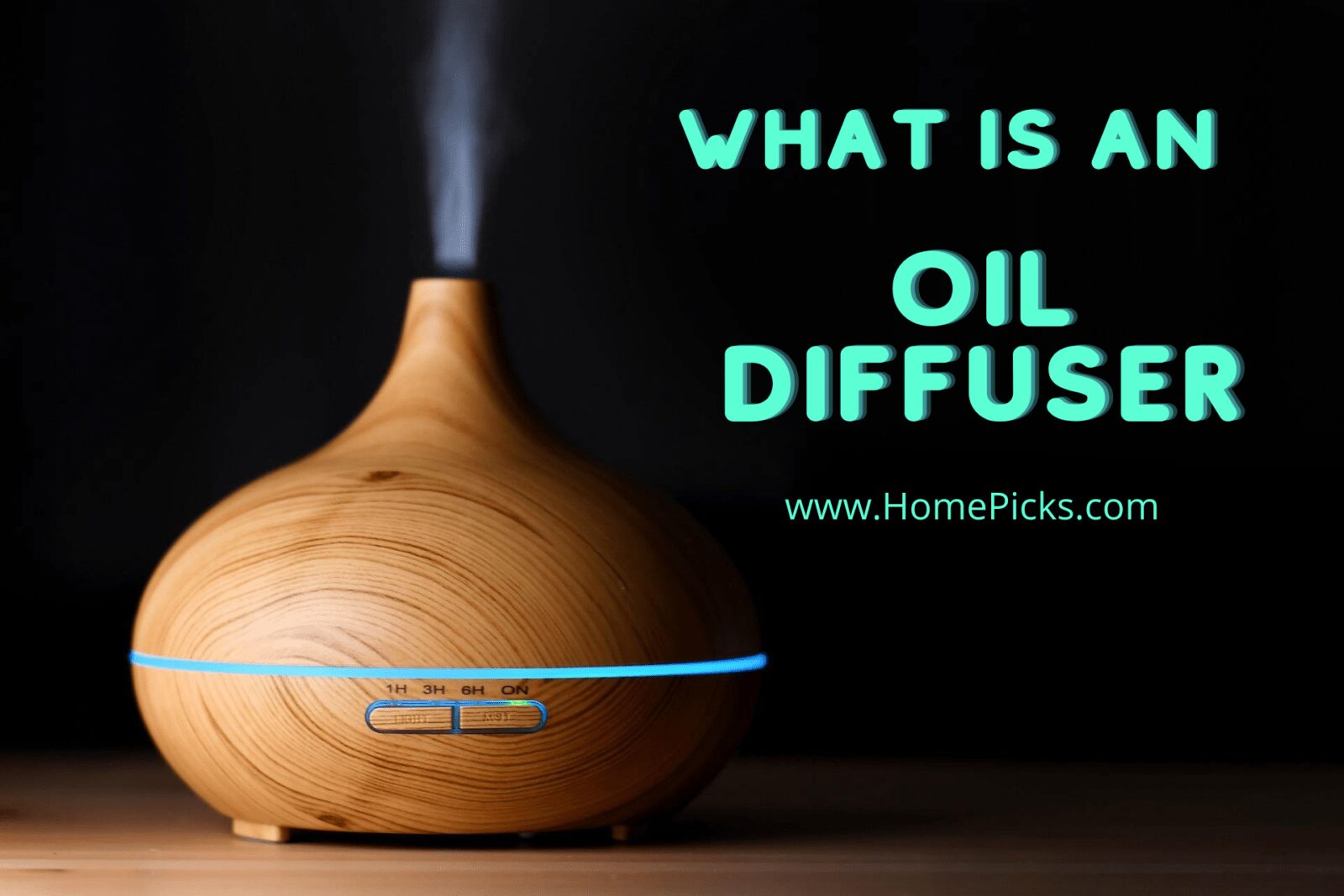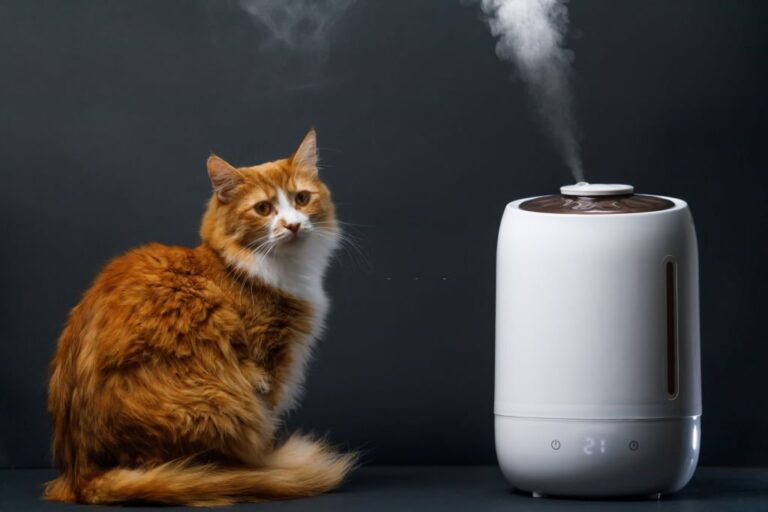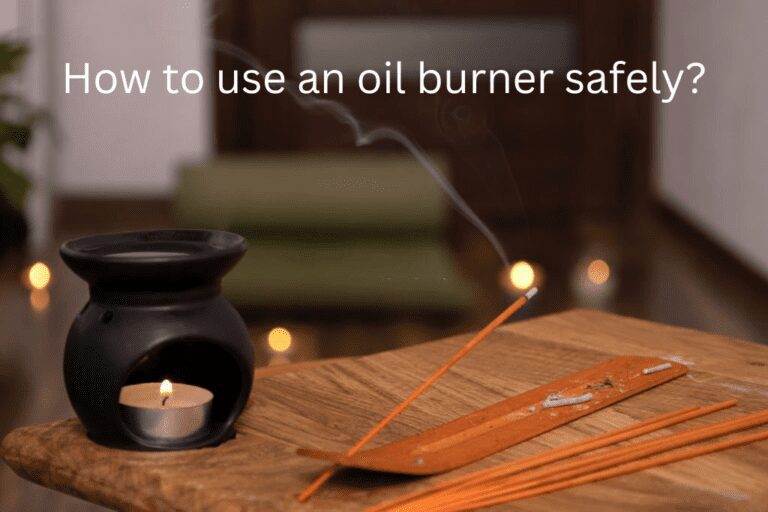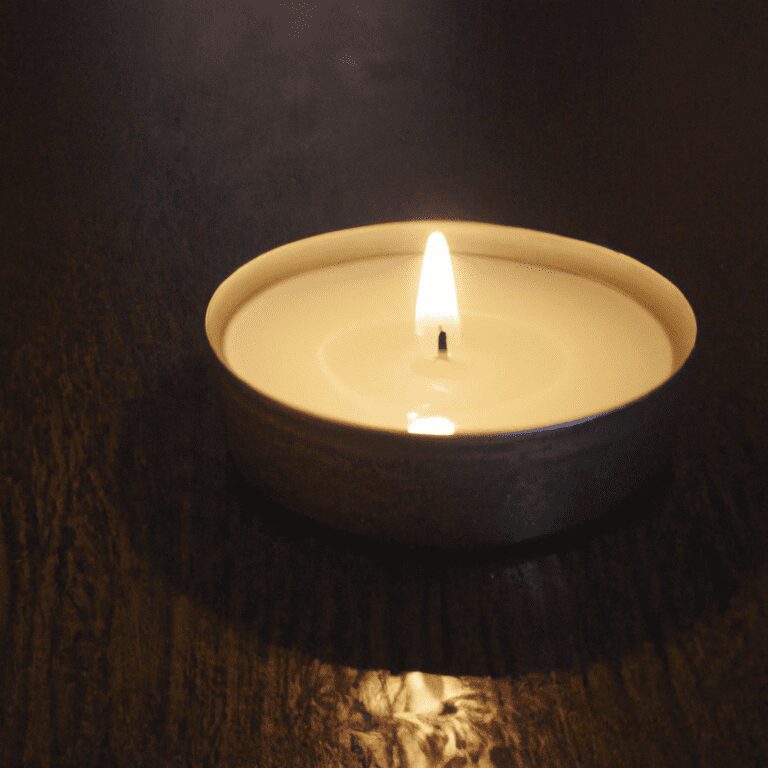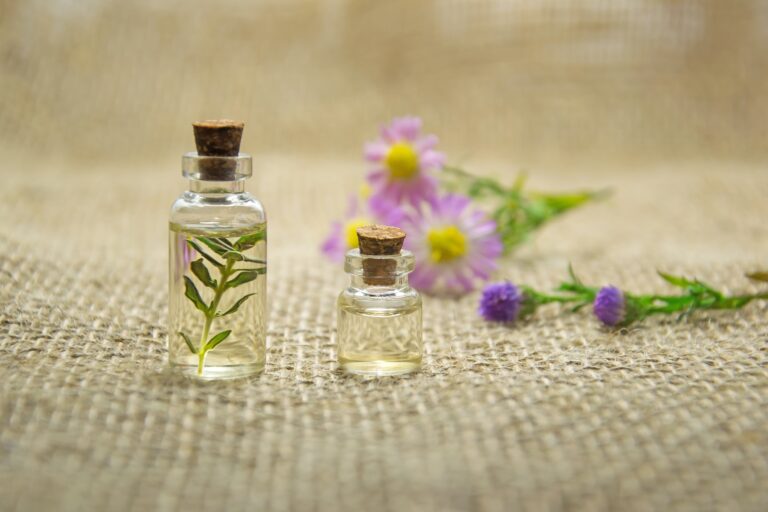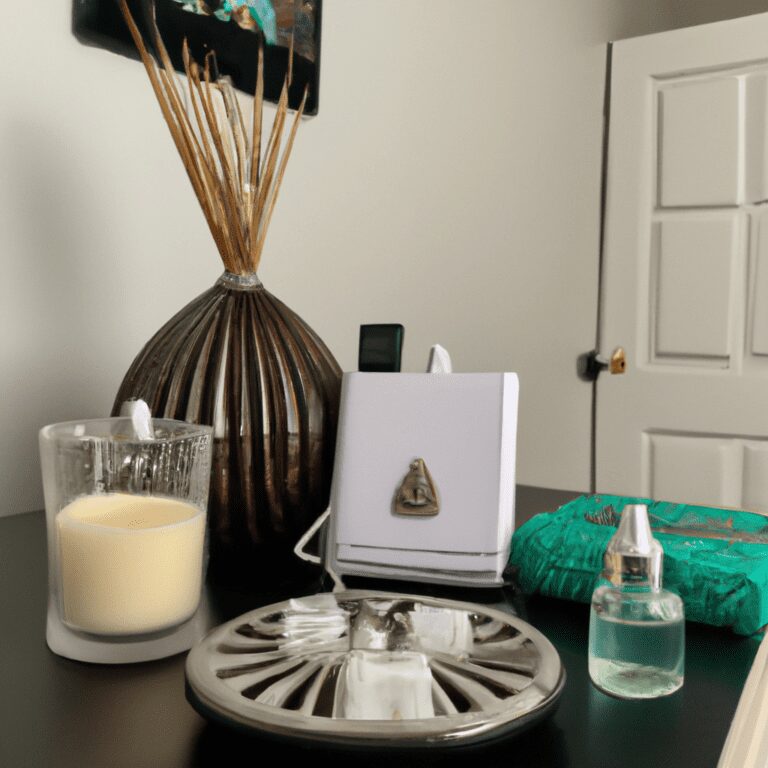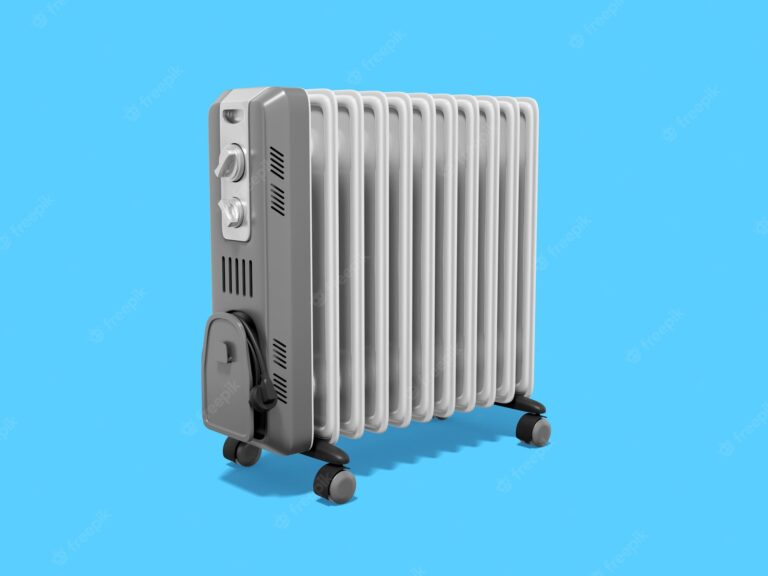What is an Oil Diffuser, and What are the Benefits of Using One?
Are you tired of the same old air fresheners that only mask odours rather than eliminate them? If you’re looking for a more natural, holistic solution to improve the air quality in your home or office, you might want to consider an oil diffuser. But what exactly is an oil diffuser, you might ask? Simply put, an oil diffuser is a device that disperses small amounts of essential oils into the air, allowing you to inhale the oils’ aromatic molecules.
These molecules are thought to interact with the body’s olfactory system, which can trigger a variety of physiological and psychological responses. Whether you’re looking to boost your mood and energy levels, promote relaxation and sleep, or simply improve the overall ambience of your space, an oil diffuser might be the perfect solution for you. But that’s not all – there are many other benefits to using an oil diffuser as well. Read on to learn more about the amazing benefits of incorporating this natural, fragrant tool into your daily routine.
What is Oil Diffuser
An oil diffuser is a device that disperses essential oils into the air, allowing the user to inhale the oils’ aromatic molecules. These molecules are thought to interact with the body’s olfactory system, which can trigger a variety of physiological and psychological responses. There are several different types of oil diffusers, including nebulizing diffusers, ultrasonic diffusers, and evaporative diffusers. Nebulizing diffusers use a high-pressure air stream to break down the essential oils into microscopic particles, which are then dispersed into the air.
Related: How to use essential oil without a diffuser
Ultrasonic diffusers use high-frequency sound waves to create a fine mist of essential oils and water, which is then dispersed into the air. Evaporative diffusers use a fan to blow air over a pad or filter that has been soaked in essential oils, allowing the oils to evaporate into the air. Oil diffusers can be used for a variety of purposes, including improving air quality, boosting mood and energy levels, and promoting relaxation and sleep. Some people also use oil diffusers to help alleviate certain physical symptoms, such as headaches and congestion.
What is a diffuser used for?
A diffuser is a device that is used to disperse a substance, such as a liquid or a gas, over a large area. Diffusers can be found in a variety of different settings and are used for a wide range of purposes. For example, diffusers are commonly used in the beauty and personal care industry to disperse fragrances, essential oils, and other scents into the air.
These diffusers can be electric, using ultrasonic technology to create a fine mist of essential oils and water that is dispersed into the air, or they can be passive, relying on the evaporation of essential oils from a porous material or pad. In the health and wellness industry, diffusers are often used to disperse essential oils and other natural remedies in order to help alleviate certain physical symptoms, such as headaches and congestion.
Related: The Truth About Fragrance Oil: Are fragrance oils safe for skin?
Diffusers are also used in the HVAC industry to disperse air fresheners and other scents in order to improve the air quality in a building. In addition, diffusers are used in a variety of other settings, such as in water treatment plants to disperse chemicals and in scientific laboratories to disperse gases.
How to use Oil Diffuser
Using an oil diffuser is a simple and effective way to disperse essential oils into the air, allowing you to inhale the oils’ aromatic molecules and potentially benefit from their therapeutic effects. There are a few different types of oil diffusers, including nebulizing diffusers, ultrasonic diffusers, and evaporative diffusers, and each type may have slightly different instructions for use. However, in general, the steps for using an oil diffuser are as follows:
- Choose the essential oils you want to use. Some popular options include lavender, which is known for its calming effects, and peppermint, which can help to clear the sinuses.
- Fill the diffuser with water according to the manufacturer’s instructions. Some diffusers have a water tank that can be filled directly, while others require you to add a certain number of drops of water to a separate chamber.
- Add a few drops of essential oil to the diffuser. The number of drops you use will depend on the size of the diffuser and the type of essential oil you are using.
- Turn the diffuser on and adjust the settings as desired. Some diffusers have multiple mist settings, while others have a continuous mist option.
- Sit back and enjoy the benefits of the essential oils. Keep in mind that the effects of the oils may vary depending on the specific oil you are using and the person inhaling them.
It is important to follow the manufacturer’s instructions for your specific oil diffuser and to use caution when handling essential oils, as some oils can be irritants or sensitizers if used improperly. If you are using an oil diffuser for the first time or have any concerns, it is always a good idea to consult with a healthcare professional or aromatherapist. Regenerate response
How does a diffuser work
Have you ever wondered how those little devices called diffusers are able to disperse essential oils into the air, allowing you to inhale their aromatic molecules and potentially benefit from their therapeutic effects? It may seem like magic, but there is actually a science behind how diffusers work.
Related: Are candles with essential oils safe for cats?
There are several different types of diffusers, each with its own unique method of dispersing essential oils into the air. For example, nebulizing diffusers use high-pressure air to break down essential oils into microscopic particles, which are then dispersed into the air for you to inhale. Ultrasonic diffusers work by using high-frequency sound waves to create a fine mist of essential oils and water, which is then dispersed into the air. Evaporative diffusers, on the other hand, rely on the natural process of evaporation to disperse essential oils into the air.
No matter what type of diffuser you use, the basic principle behind how they work is the same – they use some form of energy to disperse a substance into the air, allowing it to be inhaled or absorbed by the surrounding environment. So the next time you use your diffuser, you can feel confident that there is a solid scientific explanation behind how it is able to disperse those therapeutic essential oils into the air.
Benefits of using an Oil Diffuser
Using an oil diffuser can offer a variety of benefits, both for your physical and mental well-being. Some of the potential benefits of using an oil diffuser include the following:
- Improving air quality: Essential oils can help to purify the air, eliminating unwanted odours and creating a fresh, clean scent.
- Boosting mood and energy levels: Certain essential oils, such as peppermint and lemon, are thought to have uplifting and invigorating effects on the mind and body.
- Promoting relaxation and sleep: Oils like lavender and chamomile are known for their calming and soothing properties, making them perfect for use in a diffuser before bedtime.
- Alleviating physical symptoms: Essential oils may be able to help alleviate certain physical symptoms, such as headaches, congestion, and nausea.
- Creating a pleasant ambience: Using an oil diffuser can add a touch of fragrance to any room, creating a pleasant and inviting atmosphere.
Humidifier vs Diffuser
While humidifiers and diffusers may seem similar at first glance, they actually serve different purposes and have some key differences. Some of the main differences between humidifiers and diffusers include:
- Purpose: Humidifiers are designed to increase the humidity in a room, while diffusers are used to disperse essential oils or other substances into the air.
- Method of operation: Humidifiers work by releasing a fine mist of water into the air, while diffusers use various methods, such as nebulization, ultrasonic technology, or evaporation, to disperse essential oils or other substances into the air.
- Benefits: Humidifiers are primarily used to help alleviate dry air-related issues such as dry skin and static electricity, while diffusers can be used for a variety of purposes, including improving air quality, boosting mood and energy levels, promoting relaxation and sleep, and potentially relieving certain physical symptoms.
- Maintenance: Humidifiers may require more frequent cleaning and maintenance in order to prevent the build-up of bacteria and minerals, while diffusers generally require less maintenance.
FAQ
Is diffuser oil the same as an essential oil?
No, diffuser oil is not the same as an essential oil. The diffuser oil is a carrier oil that is used to dilute essential oils before they are added to the diffuser.
What’s the difference between cold-air and ultrasonic diffusers?
Cold-air diffusers use a fan to disperse the essential oils into the air, while ultrasonic diffusers use water to create a fine mist.
Do diffusers make a room smell good
Yes, diffusers can make your room smell good. The essential oils that are used in diffusers have a variety of different scents that can improve the smell of your room.
Is it safe to inhale essential oils from a diffuser
Yes, it is perfectly safe to inhale essential oils from a diffuser. The essential oils are quickly absorbed into your bloodstream through your lungs and can provide many health benefits.
Is it OK to use a diffuser every day?
Yes, it is perfectly safe to use a diffuser every day. However, you may want to start using it a few times per week and then increase it as needed.
How long does the diffuser last?
The average diffuser will last for several months with proper care. To extend the life of your diffuser, be sure to clean it regularly and keep it out of direct sunlight.

